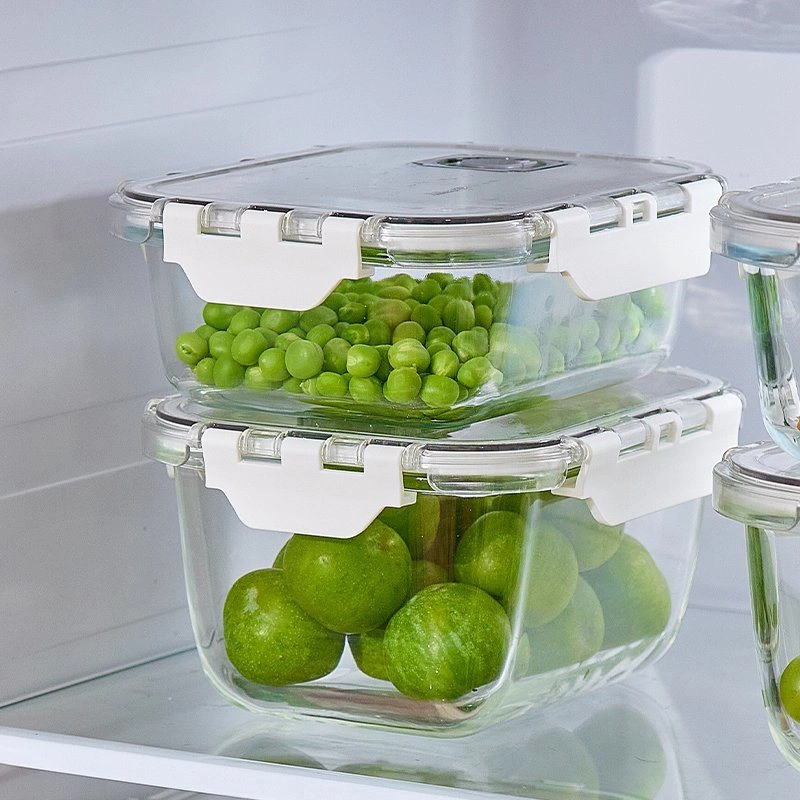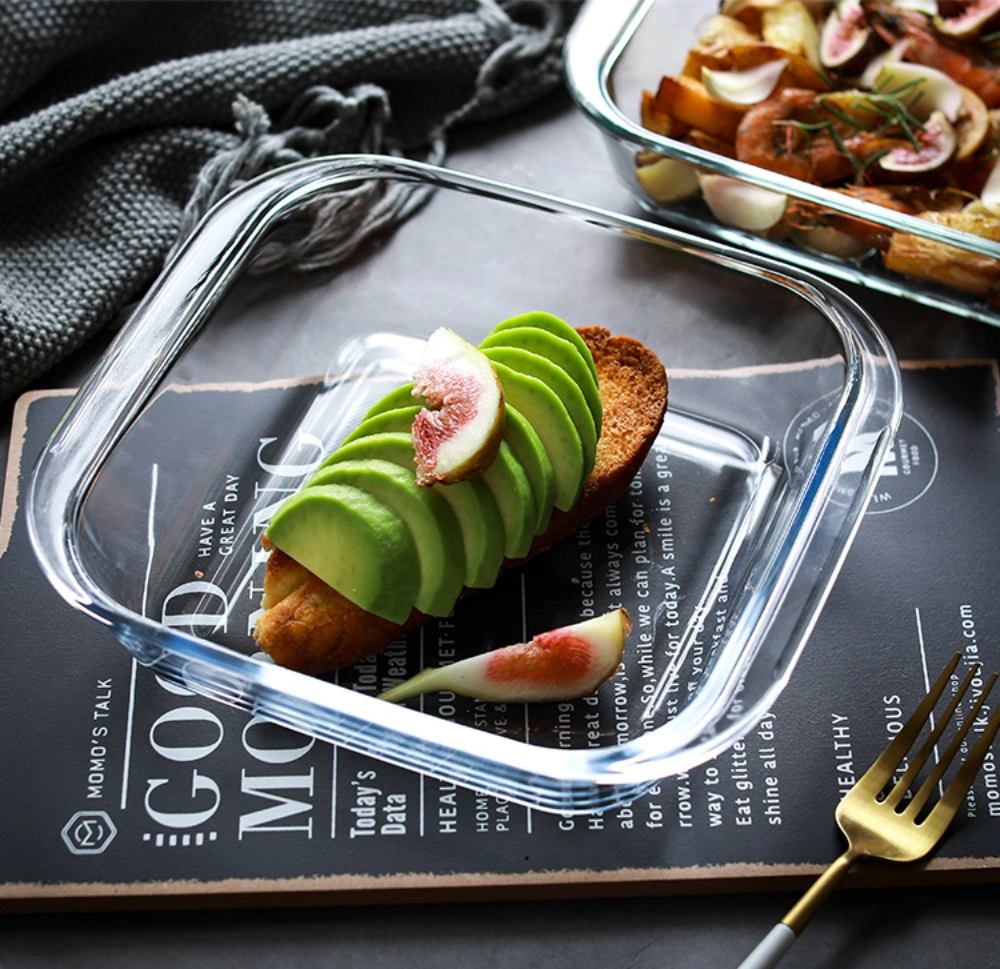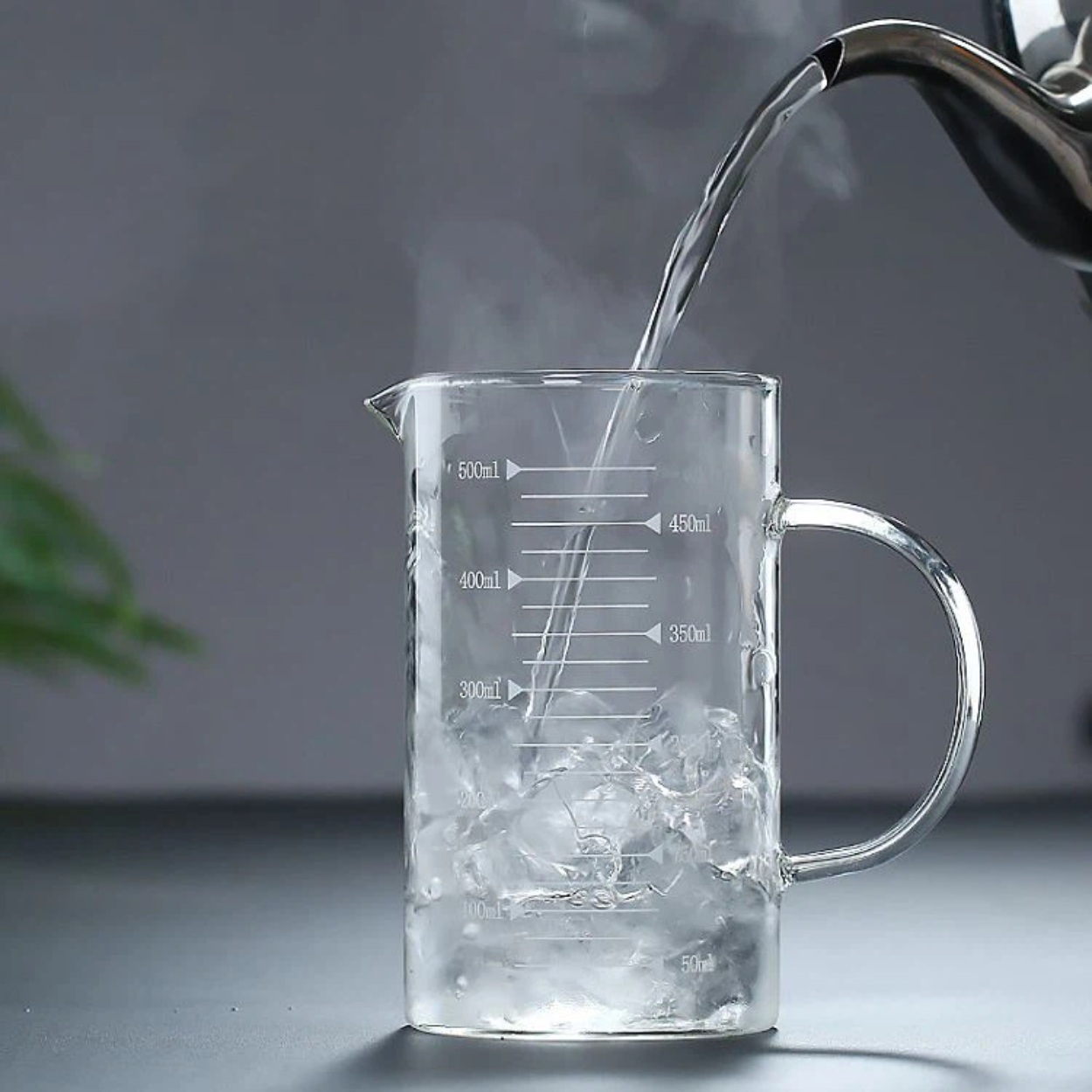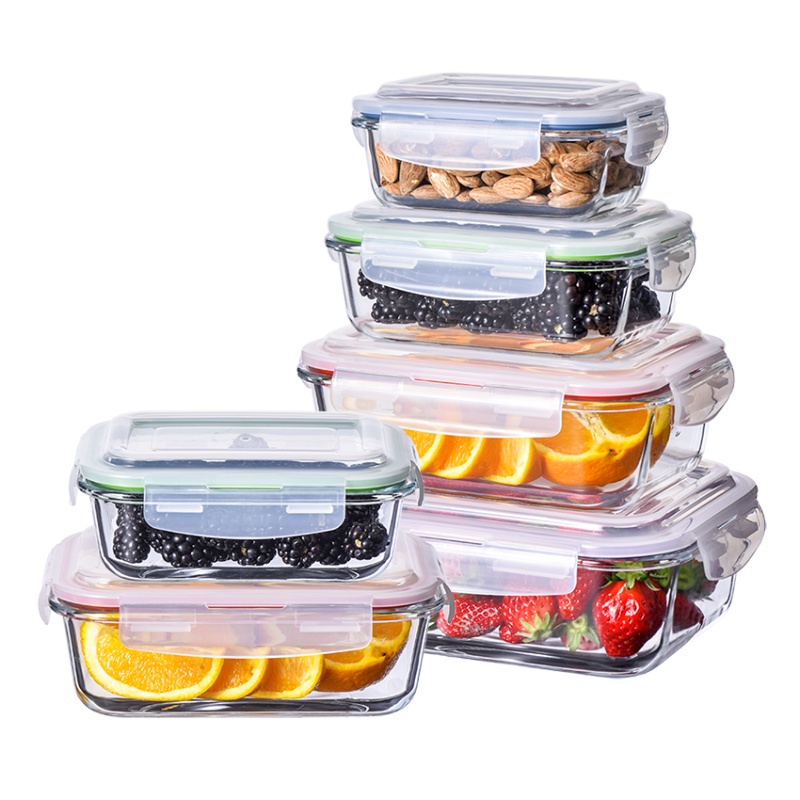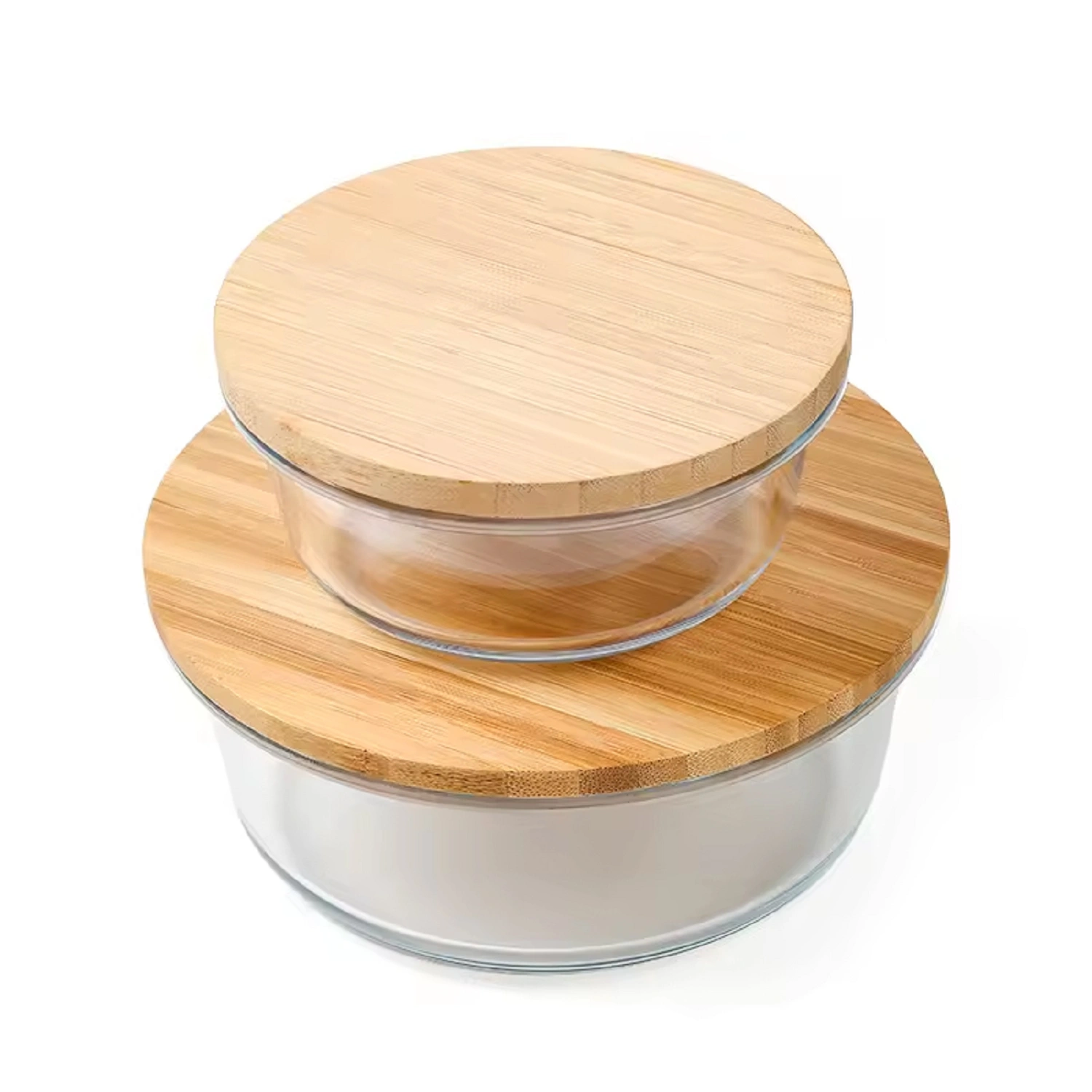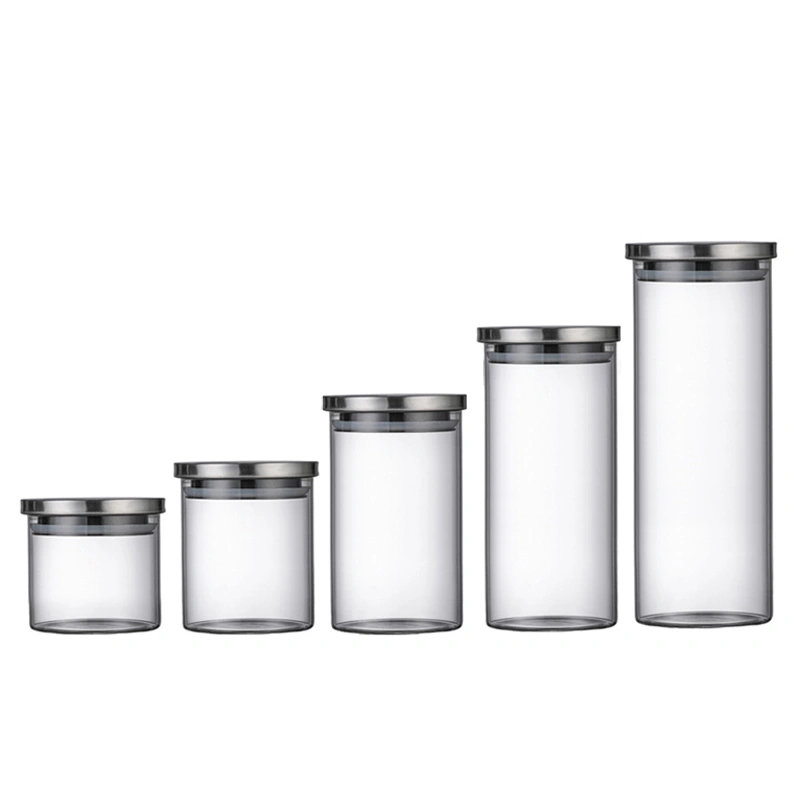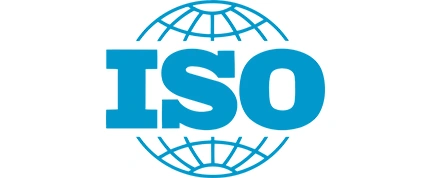Are Glass Containers Better for Food Storage?
Table of Contents
In 1946, Earl Silas Tupper revolutionized the way we store food by inventing plastic containers with airtight seals, famously known as “Tupperware” These containers became a household staple, especially in the 1950s, as they provided an affordable solution for families to keep their food fresh longer in an era when not everyone could afford a refrigerator. Tupper’s innovative design was inspired by the inverted rim of a paint can, but it wasn’t an immediate hit. It took the genius marketing strategies of Brownie Wise, who held tupperware parties to demonstrate the product, for the brand to gain popularity. Fast forward to today, and tupperware has become synonymous with plastic food storage. However, as we become more aware of the environmental impact of plastic, many are questioning whether plastic is the best material for food storage. Could glassware be a better alternative?
Benefits of Plastic tupperware
Plastic tupperware has long been favored for its lightweight and durable properties. It’s particularly popular among families with young children because it’s less likely to break, reducing the risk of food waste. Given that approximately 1.3 billion tons of food are wasted each year globally, the role of plastic containers in preserving food is significant. Additionally, plastic tupperware is affordable, easy to store, and comes in various sizes, making it a versatile option for many households.
The Drawbacks of Plastic tupperware
Despite its convenience, plastic tupperware has significant downsides, primarily related to environmental and health concerns. Plastic is not biodegradable, meaning it can take hundreds of years to decompose, during which it can release harmful chemicals into the environment. This contributes to the growing problem of plastic pollution, which is a major threat to our planet. The production of plastic is also unsustainable; with 400 million tonnes produced annually, and 40% of that used only once before being discarded. This has led to a surge in ‘single-use plastic,’ which exacerbates the issue.
Even though some brands like tupperware are making efforts to produce more sustainable products, such as BPA-free plastic containers and promoting recycling, many plastic containers still pose a health risk. BPA is a chemical used in some plastics that can leach into food and beverages, potentially leading to health problems such as cancer, developmental issues in children, and decreased fertility. While the original tupperware brand has eliminated BPA from its products, not all manufacturers have followed suit, leaving consumers at risk.
Why Glass Containers Are a Better Alternative
Given the growing concerns around plastic, many people are turning to glass containers as a safer, more sustainable option for food storage. Although glass containers are heavier and more fragile than plastic, they offer several advantages that make them a superior choice. For one, glass is a natural, non-toxic material that does not contain harmful chemicals like BPA. This means you can store your food in glass without worrying about chemical contamination.
Glass containers are also more sanitary because they can withstand higher temperatures, making them easier to clean. They are non-porous, meaning they do not absorb food odors, stains, or bacteria, ensuring that your food stays fresh and tastes better for longer. Additionally, glass is fully recyclable, making it an environmentally friendly choice.
Do Glass Containers Keep Food Fresher for Longer?
One of the key benefits of glass containers is that they help keep food fresher for longer. Because glass is non-porous, it prevents bacteria and other contaminants from entering, which helps preserve the quality and taste of your food. Unlike plastic containers, which can retain odors and stains from previous meals, glass containers ensure that your food tastes exactly as it should. This makes them an excellent choice for storing leftovers, meal prepping, or transporting your lunch.
The Safest Food Storage Container
When it comes to choosing the safest food storage container, glass is the clear winner in terms of both environmental impact and health benefits. Brands like Canzo offer high-quality glass containers made from borosilicate glass, which is known for its durability and resistance to thermal shock. Whether you’re looking for wholesale glass food storage container for your business or simply want to make a more eco-friendly choice for your home, glass tupperware is a reliable and sustainable option.
Conclusion
As we become more conscious of the impact our choices have on the environment and our health, it’s essential to consider alternatives to plastic food storage. Glass containers offer a safe, sustainable, and practical solution that can help reduce our reliance on plastic. The next time you’re shopping for tupperware, think glass. Not only will you be making a healthier choice for your family, but you’ll also be contributing to a cleaner, greener planet. Have you discovered a glass tupperware brand you love, or found an innovative way to store your food sustainably? Share your thoughts in the comments below!
Newest Blog
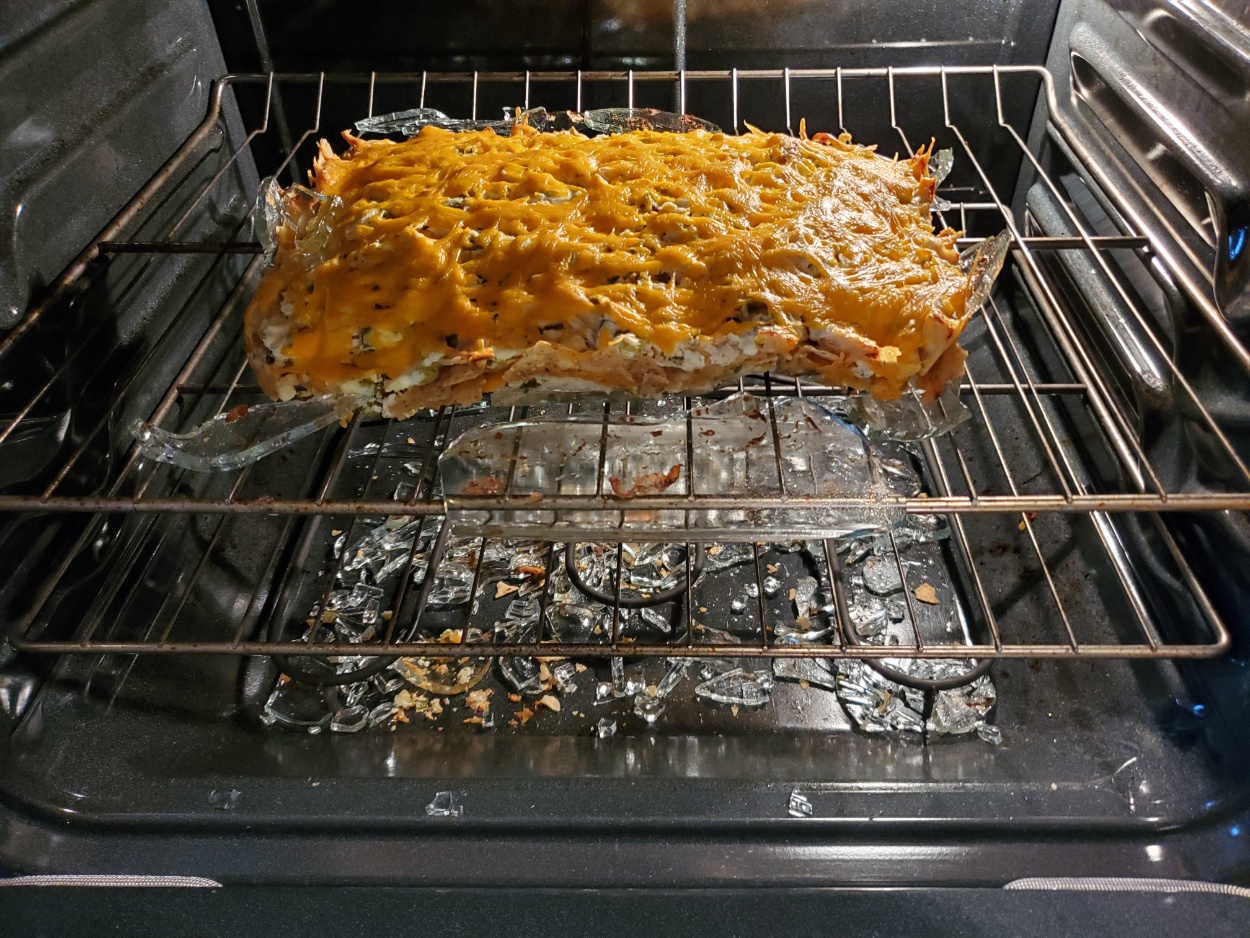
Is Glass Safe In The Oven?
Whether you’re a home cook or a business owner sourcing from a glass lunch box factory, understanding the nuances of oven-safe glass is crucial. We’ll explore the world of durable and reliable custom glass food container options, ensuring you make informed decisions.
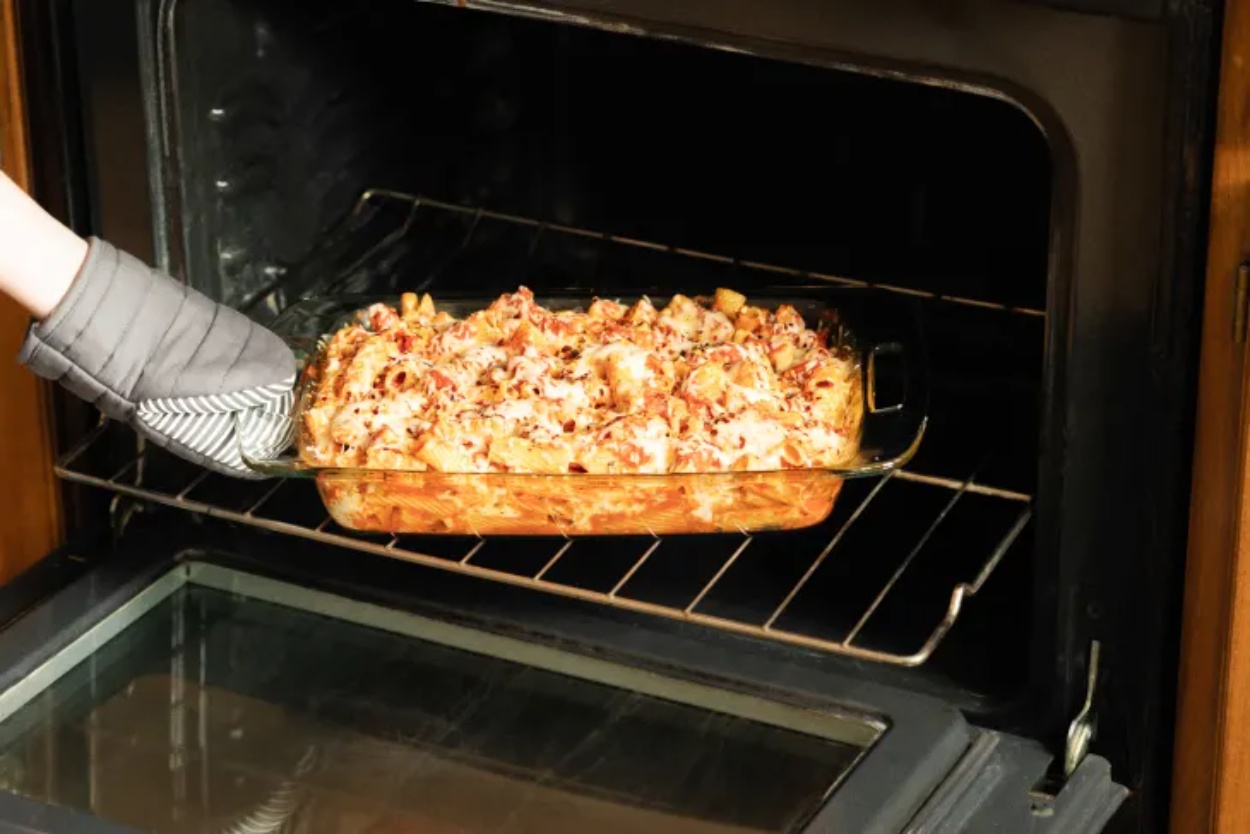
Can You Put Glass In The Oven?
We’ll explore why choosing the right type of glass, particularly from a reliable China glassware factory, is so important, especially if you’re looking for custom glass food storage containers or even a glass lunch box factory.
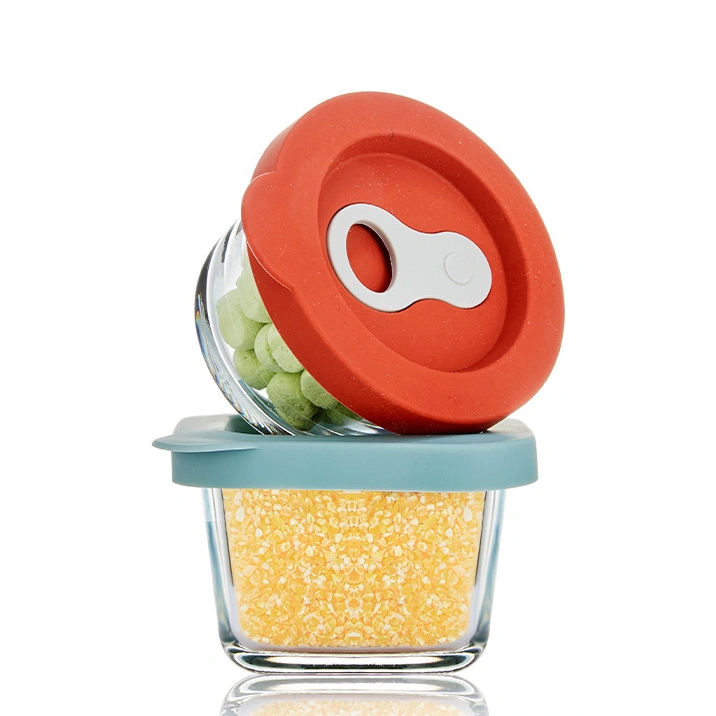
What To Do With Small Glass Containers?
From baby food meal prep, storing leftovers to organizing your craft supplies, small glass containers are super handy!

